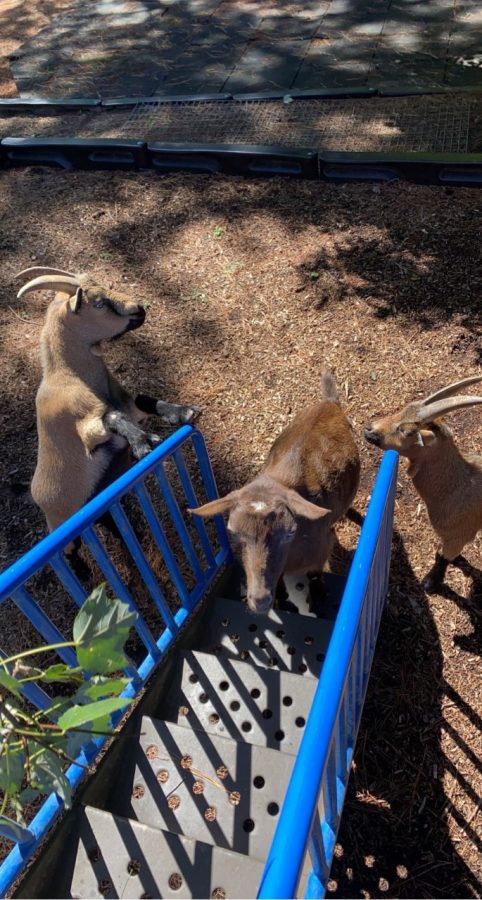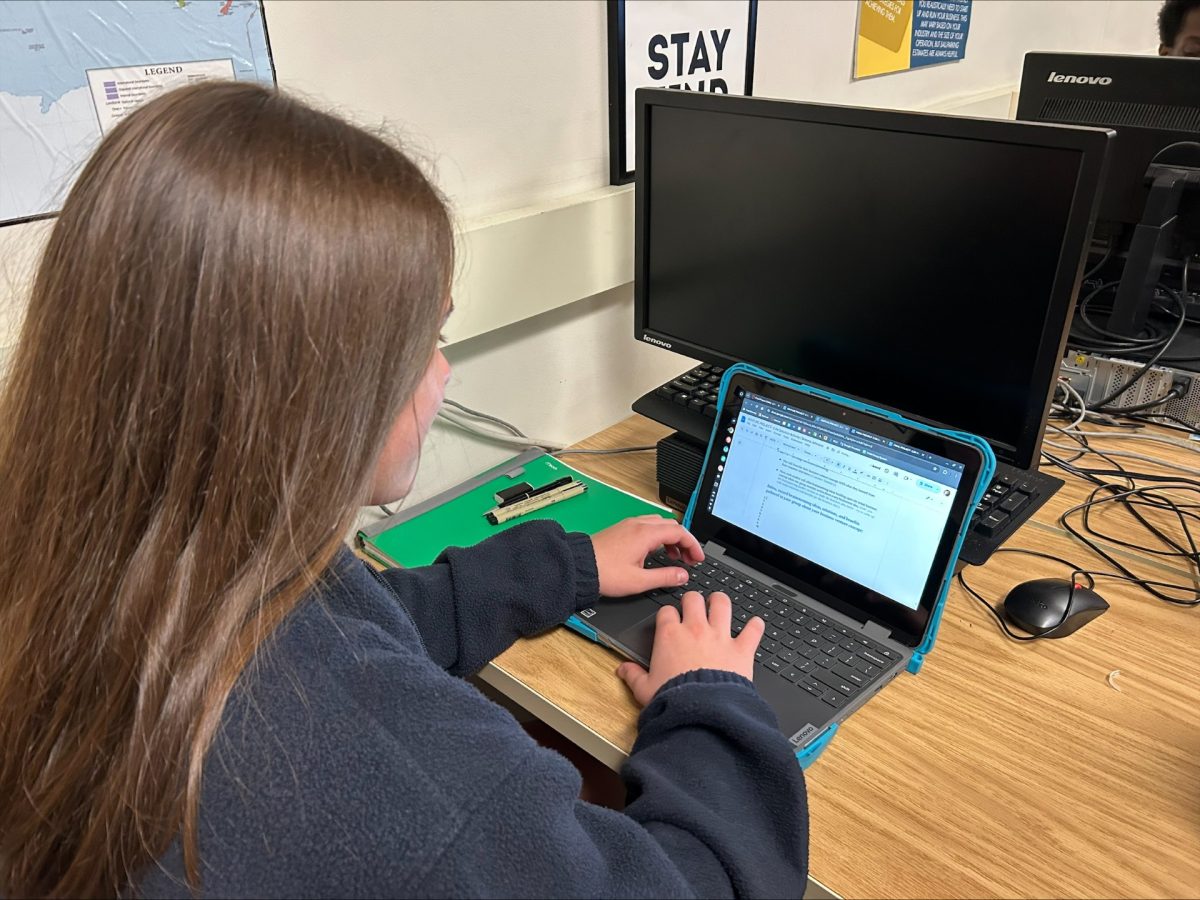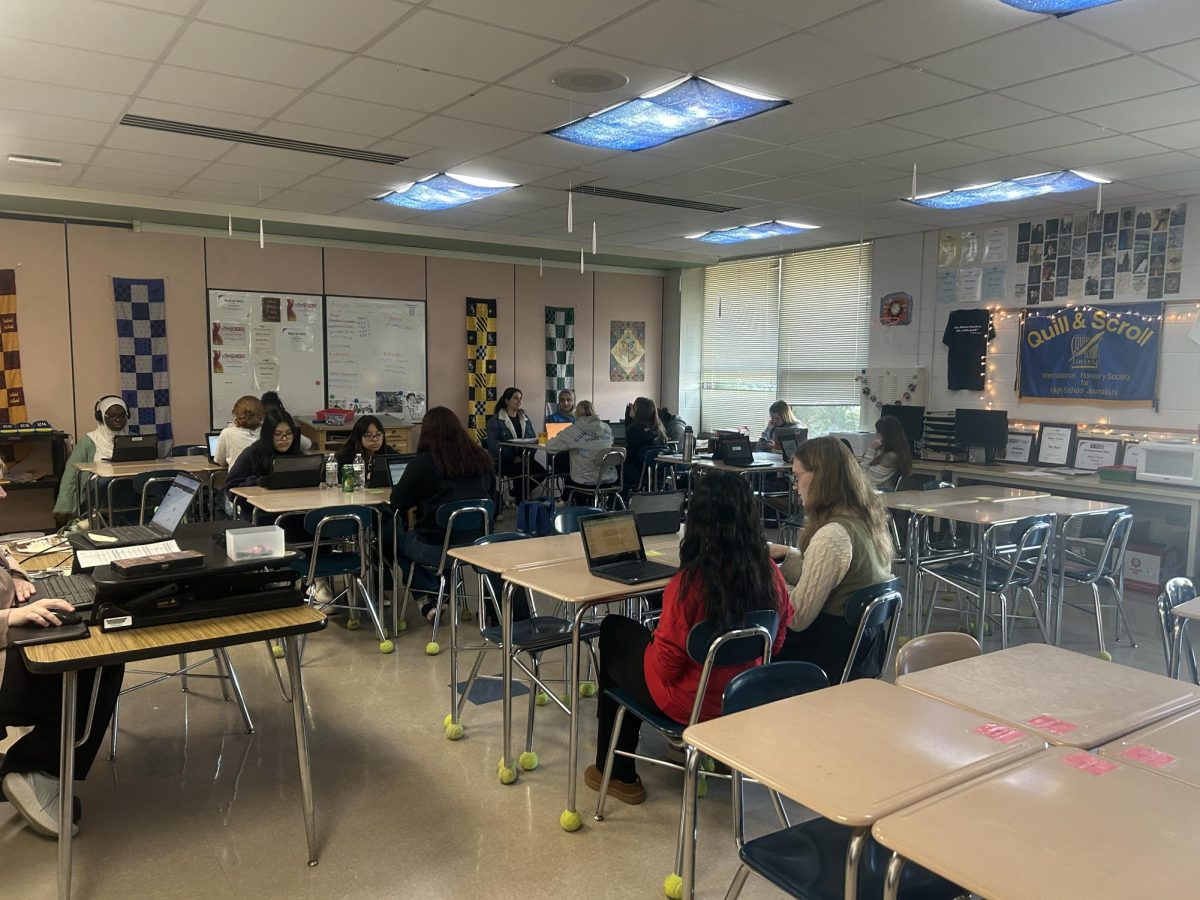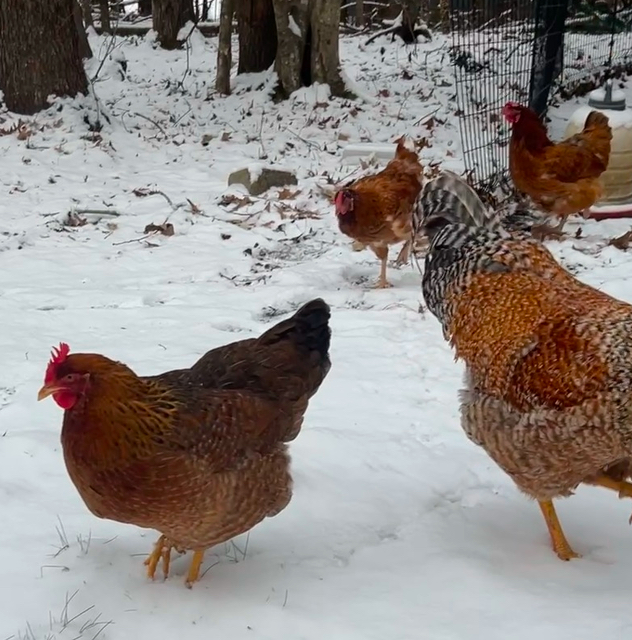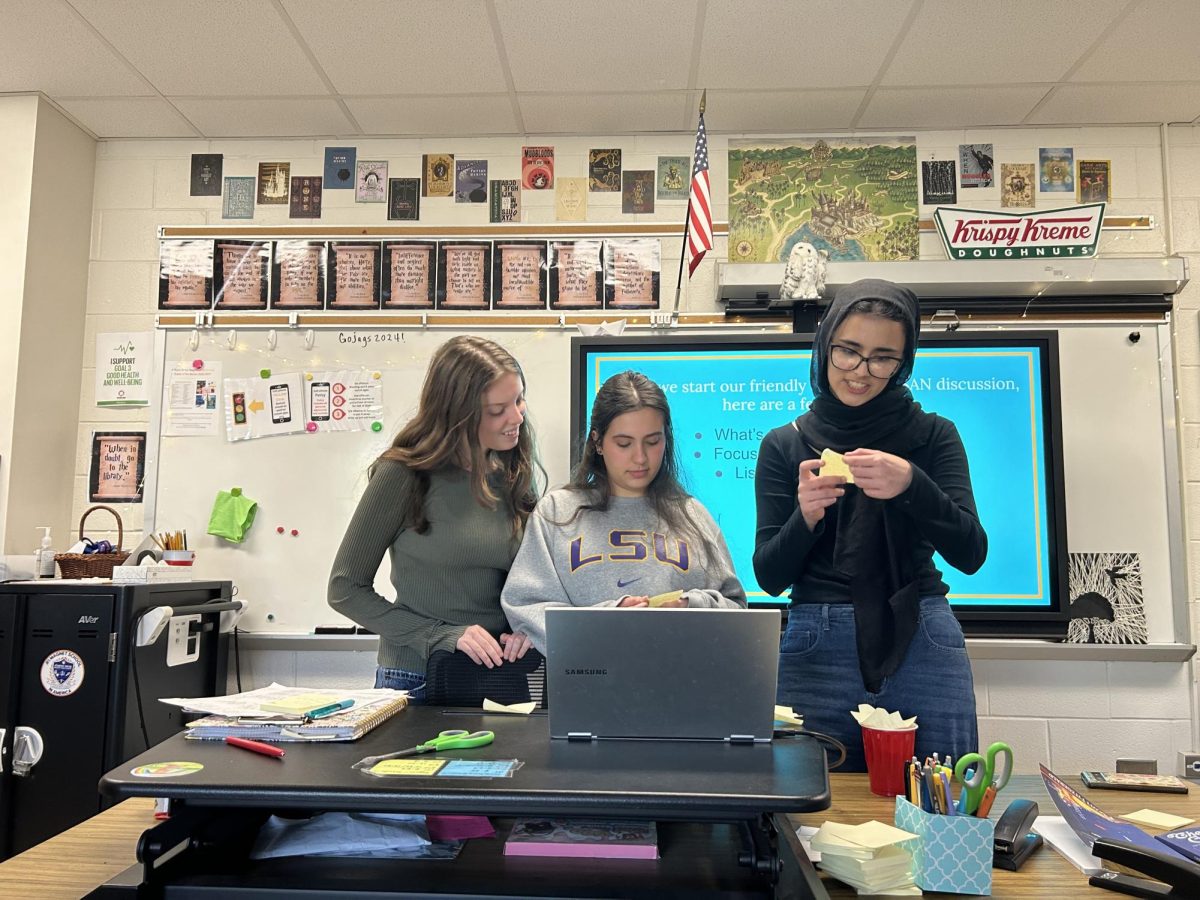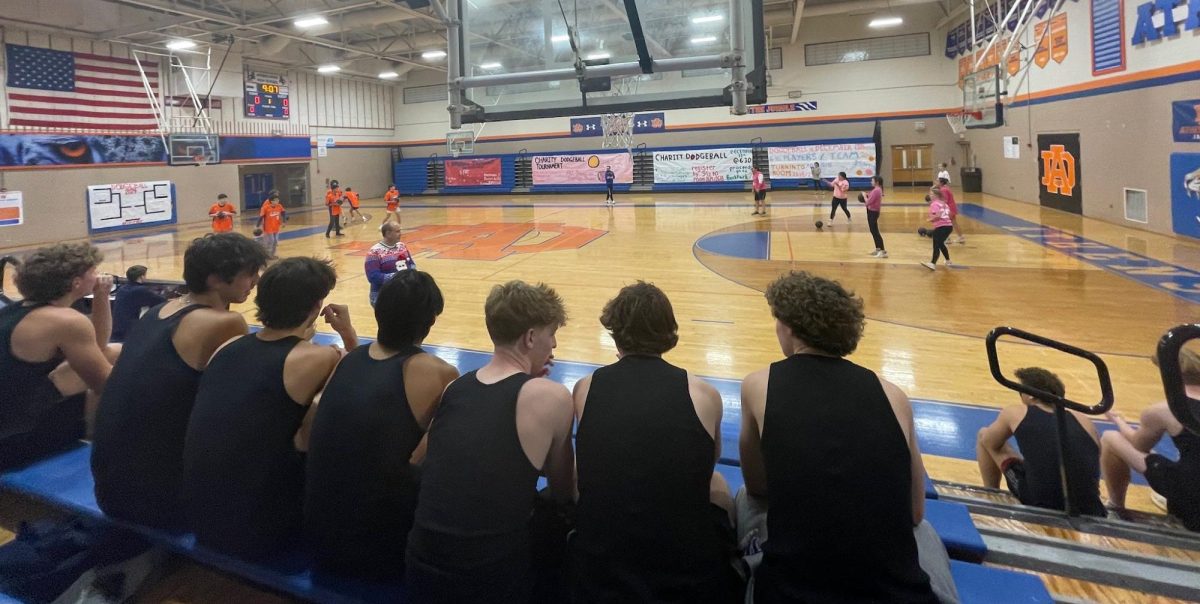Athens Drive is home not only to students and staff but to a variety of different animals that are utilized for learning. The animals of Athens Drive are a part of the agriscience and sustainable agriculture classes taught by Susan Jones, and the Animal Science classes taught by Kailee Johnson. Both teachers work in unison to care for three goats, six laying hens, one snake, two rabbits, one guinea pig and one hedgehog.
“I started teaching at Athens Drive in July. Agriculture teachers are 12-month employees, so I was able to start this summer instead of waiting until August like most teachers,” said Kailee Johnson, animal science teacher.
Johnson joined the Athens staff in 2022. Part of her job is to take care of the animals that Athens Drive is home to. In addition, she teaches her students how to properly care for the animals and gives them daily “chores.”
“The students learn proper animal handling during the first week of class. Each animal has a different care routine. As for the basics, the students feed and provide water to the animals every day. The bedding gets changed on Fridays. We also clip their nails and bathe the animals as needed,” said Johnson.
In animal science classes, students are given grades as an incentive to complete their animal care tasks. In addition to grades, students are given the opportunity to receive “project points” by participating in extracurricular animal care activities. Some of these activities can include feeding the outdoor animals, such as the goats and chickens, on the weekends or during summer break.
“Ms. Jones was very understanding and helpful with our work,” said Paul Harrell, sophomore.
Another way for project points to be earned is for experienced students to take some of the indoor animals home and care for them.
“Most agriculture teachers would agree that giving the students as much responsibility as possible is beneficial for the students as well as the teachers,” said Johnson.
However, being an agricultural teacher adds responsibilities that the average teachers are not able to relate to. The animals must receive care daily, which means, during school breaks when students do not volunteer to help with the animals, it is up to Ms. Johnson and Jones to care for the animals.
“The past two summers have been stressful because I was the only agriculture teacher on campus and all of the facilities were my responsibility while waiting for a new animal science teacher to be hired,” said Jones.
An additional responsibility both teachers have is managing the yearly budget that the school provides for the animals. Both teachers must plan ahead and calculate the amount of food and other supplies each animal needs for the year in order to ensure they don’t overstock or understock on supplies.
“I also work to write grants to improve our spaces. This spring I wrote and was awarded a Syngenta Community Grant in the amount of $2,500 to upgrade the chicken space on campus,” said Jones.

